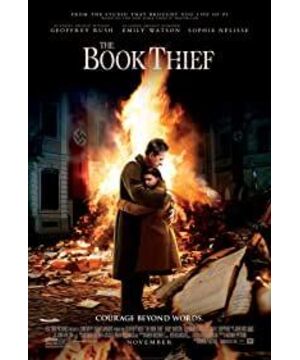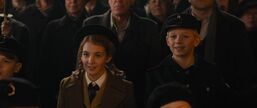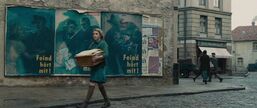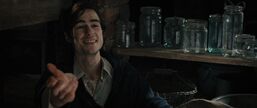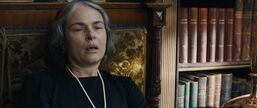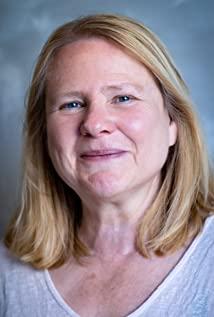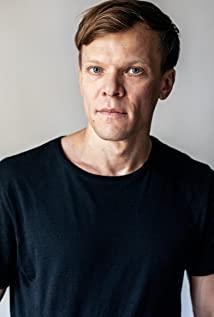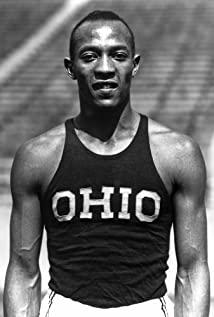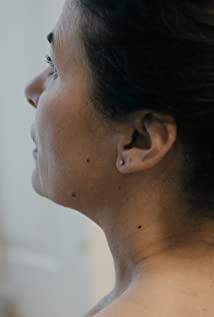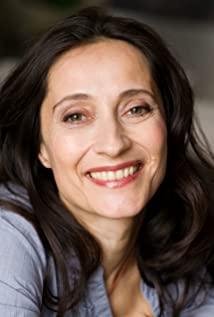Without the misery and crying of the Tangshan Earthquake, and without the cruelty of flesh and blood, even though the heroine's adoptive father and mother were still "death to death" after the air raid, the film still moved people to tears.
When the heroine was in the air-raid shelter, taking over from his father and reciting novels for people, the tears could no longer be held back. Conscience and love are the courage to support people to live, but they are not as lucky as the heroine.
At any time, even when life is difficult and unbearable, when you have no energy to survive because of not having enough meals a day, when you are oppressed and dare not speak out? Who can guarantee that they will not be controlled by the devil and can always maintain their own mentality?
While surviving, if your beliefs, principles, and ideals are all thrown away, which one would you choose to throw away?
Don't give up your principles for the sake of life. The heroine's adoptive father is like this. The adoptive father opposes the Nazis and will not join the party for life. The adoptive father steps up to dissuade the neighbors when they are arrested and provides shelter for the Jews. This is conscience, this is faith, this is what is called In principle, although in the eyes of some people, this is not blood and sweat, it is not as exciting and enjoyable as killing the enemy on the battlefield, and it is not the pleasure of tearing the devil away, but this is integrity, and it can always shine on others. The fragile adoptive mother is also a follower of the adoptive father. This influence is also silently affecting the Jews, the neighbors, the heroine, and even the heroine's little boyfriend, Ruddy.
I thought over and over again, the difference between this film and the Nanjing Massacre, and even the Tangshan Earthquake film, is a little less like this. In the past, you may never force domestic films, after all, no one wants to watch model workers' promotional films in the cinema.
View more about The Book Thief reviews


